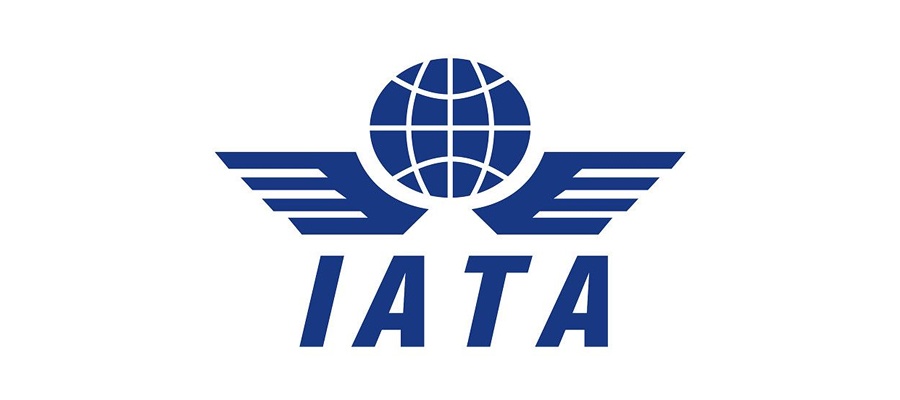The International Air Transport Association (IATA) has said that its projections for a tripling of Sustainable Aviation Fuels (SAF) production in 2024 are “on track”.
Alongside the projections update, IATA has also discussed plans to launch a SAF registry to “accelerate the uptake of SAF by authoritatively accounting and reporting emissions reductions”.
IATA’s yearly projections of production rising to 1.9 billion litres of SAF in 2024 are “on track”, but as this would account for only 0.53% of aviation’s fuel needed in 202, IATA believes that there are “several policy measures that governments could take” to accelerate SAF use.
“SAF will provide about 65% of the mitigation needed for airlines to achieve net zero carbon emissions by 2050” said Willie Walsh, IATA’s director general.
“So the expected tripling of SAF production in 2024 from 2023 is encouraging. We still have a long way to go, but the direction of exponential increases is starting to come into focus”.
In a statement from IATA, they believe that “140 renewable fuel projects with the capability to produce SAF have been announced to be in production by 2030”:
“If all of these proceed to production as announced, total renewable fuel production capacity could reach 51 million tonnes, with production capacity spread across almost all regions.
“Renewable fuel production potential could exceed this estimate as investor interest in SAF grows"".
Through the International Civil Aviation Organization (ICAO), governments set an ambition to achieve a 5% CO2 emissions reduction for international aviation from SAF by 2030. To achieve that ambition, around 27% of all expected renewable fuel production capacity available in 2030 would need to be SAF. Currently, SAF accounts for just 3% of all renewable fuel production.
“The interest in SAF is growing and there is plenty of potential. But the concrete plans that we have seen so far are far from sufficient” said Walsh.
“Governments have set clear expectations for aviation to achieve a 5% CO2 emissions reduction through SAF by 2030 and to be net zero carbon emissions by 2050. They now need to implement policies to ensure that airlines can actually purchase SAF in the required quantities,”
“Incentives to build more renewable energy facilities, strengthen the feedstock supply chain, and to allocate a greater portion of renewable fuel output to aviation would help decarbonizing aviation. Governments can also facilitate technical solutions with accelerated approvals for diverse feedstocks and production methodologies as well as co-processing renewable feedstocks in crude oil plants.
“No one policy or strategy will get us to the needed levels. But by using a combination of all potential policy measures, producing sufficient quantities of SAF is absolutely possible”.
IATA has also announced plans to launch a SAF Registry to “accelerate the uptake of SAF by authoritatively accounting and reporting emissions reductions”.
According to IATA, Seventeen airlines, one airline group, six national authorities, three Original Equipment Manufacturers (OEMs), and one fuel producer are already supporting the effort to develop the Registry with the intention to launch in the first quarter of 2025.
The Registry will “ensure that the sector’s agreed SAF accounting and reporting principles are adhered to and fully in alignment with international protocols and industry best practices” according to a statement from IATA.
“It will provide safeguards against double counting and double claiming; and ensure the immutability and integrity of all interventions under the Registry”.
Speaking of the registry, Walsh said: “SAF is key to aviation’s decarbonization. Airlines want more SAF and stand ready to use every drop of it. The SAF Registry will help meet the critical needs of all stakeholders as part of the global effort to ramp-up SAF production.
“Governments need a trusted system to track the quality and quantities of SAF used. SAF producers need to accurately account for what has been delivered and effectively decarbonized. Corporate customers must be able to transparently account for their Scope 3 emissions. And airlines must have certainty that they can claim the environmental benefits of the SAF they purchased.
“The Registry will meet all these needs. In doing so, the Registry will help create a global SAF market by ensuring that airlines have access to SAF wherever it is produced, and that SAF producers have access to airlines regardless of their location”.
IATA projections for SAF “on track”, plans to launch SAF Registry

